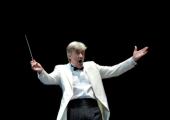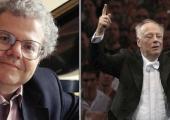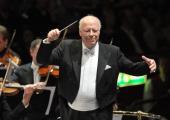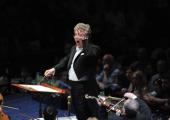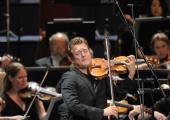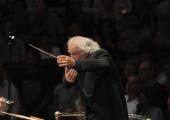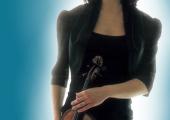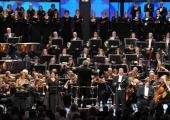Classical CDs Weekly: Brahms, Desyatnikov, Glière, Tchaikovsky
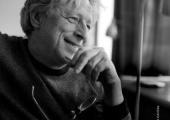
Russian rarities and symphonies by two grumpy 19th-century giants
We head east this week - new pieces by a contemporary Russian composer, and a bargain box set showcasing the flamboyant orchestral music of a neglected Russian. And a famous viola player leads a young Moscow orchestra in electrifying accounts of Brahms and Tchaikovsky.

